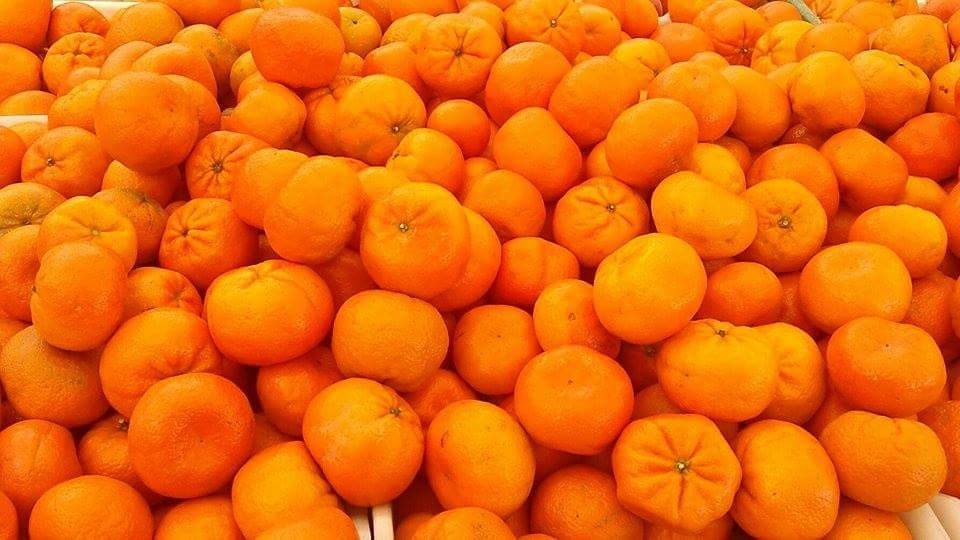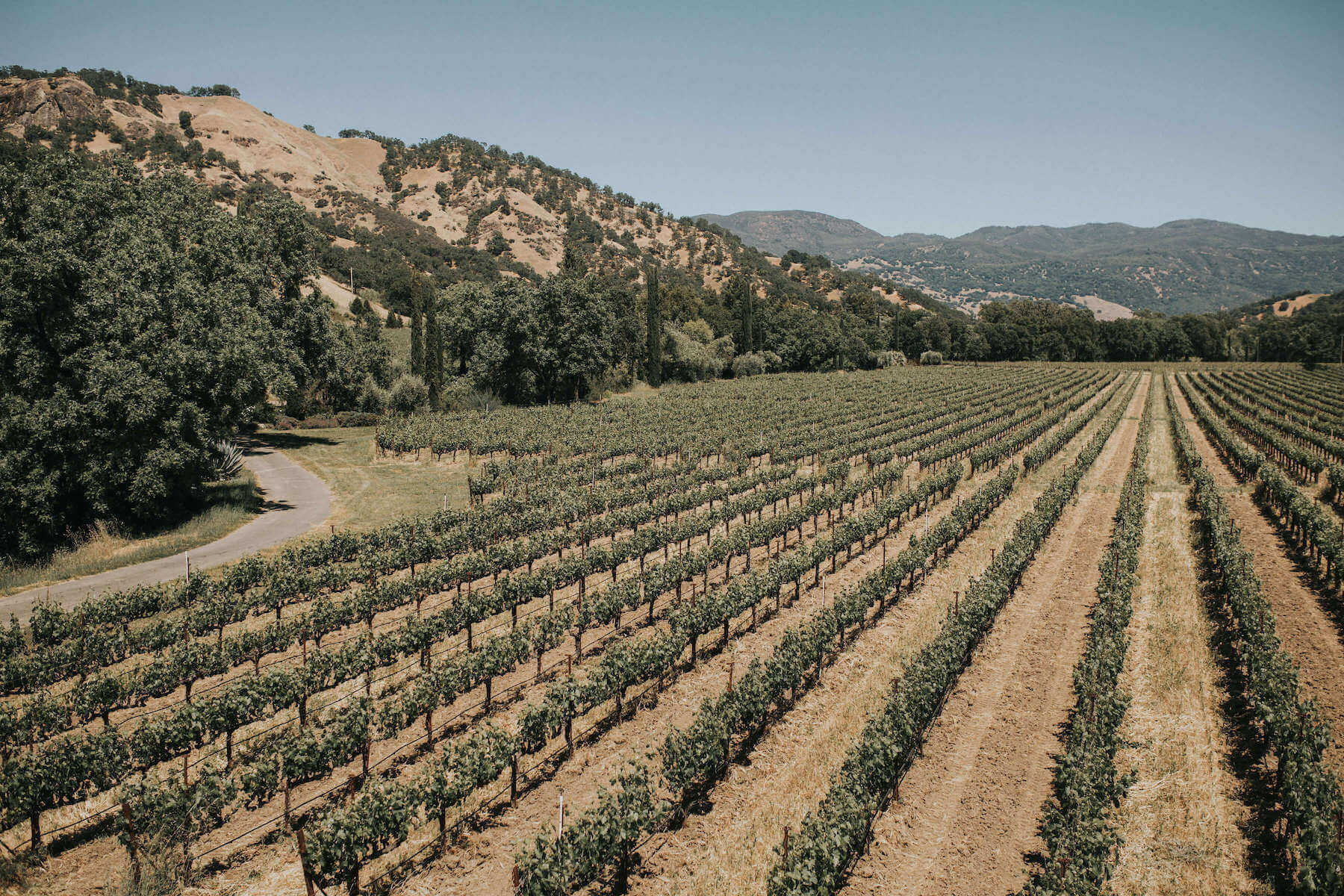Organic Farm
Description
Vermont is home to thriving organic farms and agriculturally-based communities that nourish people and enhance the environment.
VALUES
Food Equity: All people, regardless of circumstance, should have access to nourishing local and organic food.
Farm Viability: Farmers should be able to make a living on the land and support themselves, their families and their employees. Farms and farm enterprises should be capable of being passed on to the next generation of farmers.
Organic Integrity: Organic production enhances soil, plant, animal, and human health to protect the environment for current and future generations. Organic certification verifies these practices, ensuring that organic products are produced with integrity and transparency and providing consumers with a label they can trust. The VOF label and certification process is credible and a valuable tool for farmers.
Community: Engaged communities are resilient communities. A vibrant food system provides opportunities to create genuine connections between people and the land, nurture relationships, and celebrate those who feed others.
Health: Food should be nourishing and support general health. Organic production enhances soil, plant, animal, ecosystem, and human health.
Respect for farmers: Honor the work done by food producers and those who support them. Farmers are the foundation of our working lands, local economies and agricultural heritage. Public policies should support organic farmers, healthy agricultural communities and the environment.
Stewardship: Organic land stewardship is a critical component of resilient agricultural and environmental systems. Farming should contribute to biodiversity and ecological health.
Education: Educational and outreach efforts (i.e. technical assistance) are basic elements of a culture of sharing, which in turn builds community. Good information benefits everyone





